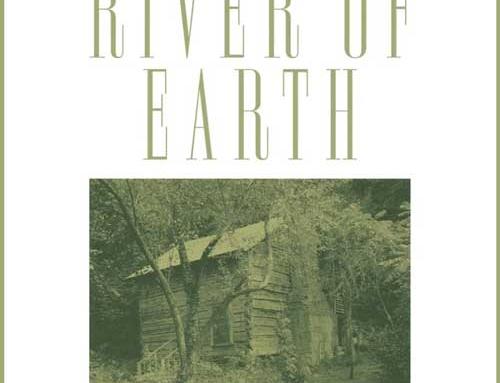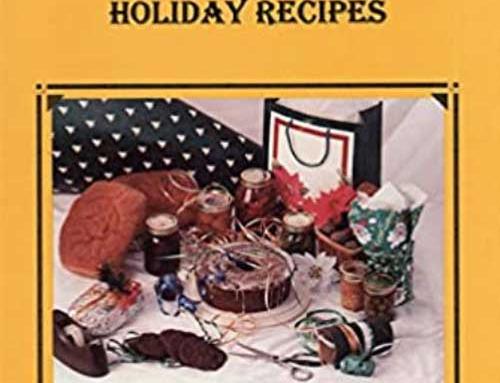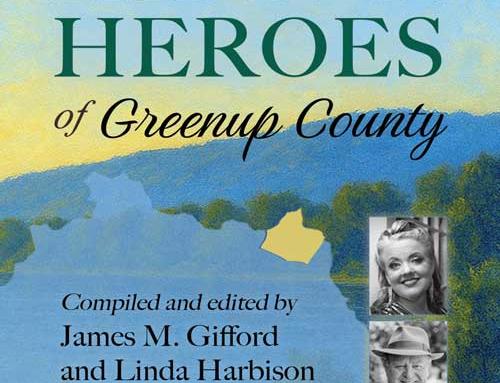Because I have managed a non-profit publishing organization for almost forty years, I have had some strange encounters with the general public. People often simply do not understand what a publishing house does, and they confuse printing with publishing. I calmly explain that “We are not a printing company. We are a publishing house. We make and sell books. That’s what a publisher does.” In response to that, I have heard, “OK, can you print my daughter’s wedding invitations.”
At times, people become agitated because I decide not to publish their books. An English Professor from Morehead (now deceased) once sent a senior citizen to me with a very bad manuscript. I reluctantly agreed to read it, and JSF editor Jerry Herndon and I both tried to edit it, but it was too bad to edit and not good enough for a total re-write. Finally, I explained to the older gentleman that the manuscript was simply not good enough—even with extensive editing—to make a satisfactory book. “Son, you’re making a big mistake,” he replied. “I could sell 10,000 copies to my friends alone.”
Some requests are unforgettable. In the 1990s, when I was still in the Tower Building, a man from Massachusetts called to ask if we would publish his manuscript on tattoos. We had a short, cordial conversation. I explained the type of books we published, but I couldn’t resist: before the conversation ended, I asked him why he thought we might be interested in a book about tattoos. “Well, you publish books of poetry,” he said, “and tattoos are poetry of the flesh.”
On another occasion, after I had reviewed a manuscript, I explained to the author that—for several reasons—we could not publish it. “That’s OK,” he said. “I don’t want you to publish it. Just read it. Correct it, and tell me where I can get it published.”
Over my thirty-eight years at the helm of the Jesse Stuart Foundation, I have had more than a thousand conversations and meetings with individuals who wanted to publish a book. Only a very tiny percentage of those meetings and discussions led to publication by the JSF.
We’re a non-profit publishing house that focuses on books about Kentucky and Appalachia. Our author’s list includes Harry Caudill, Billy C. Clark, Thomas D. Clark, Allan Eckert, Edwina Pendarvis, and Jesse Stuart, but we have published dozens of books by first-time authors, too.
Our production schedule is full-to-overflowing. However, I do have some practical suggestions for those of you with a manuscript and no publisher.
- If your manuscript is complete, work with Adam Vankirk who will arrange a print-on-demand publication. Print-on-demand technology allows prospective authors to have their books published in small quantities. This is particularly beneficial to folks who have a personal story or memoir that they hope to share only with family and close friends.
Many of these books are not books that the JSF would consider publishing because they have a very limited market and some of them are written informally (and that’s a gentle assessment). But there is a big distinction in my mind between publishable and valuable. Many manuscripts, which I would judge not publishable, are still very valuable. Print-on-demand technology can help you share your valuable stories. - If you cannot seem to finish your manuscript, get some professional help before you approach a publisher. I’ve rarely read a manuscript which could not be improved by expert proofreading and/or editing, and I’ve never written a manuscript that could not be improved by the input of qualified readers. It’s all part of a slow, difficult, and work-intensive process.
- A good way to get professional assistance is to attend a writing workshop. The Jesse Stuart Foundation is hosting a Writers Workshop at Greenbo Lake State Resort Park, June 21&22. For more information, email me at gifford@jsfbooks.com. Please include your telephone number and mailing address.
- Another bit of advice: If your neighbor happens to be a college English teacher, a journalist, a published author, or just a highly-literate person, don’t ask them to read your manuscript as a “favor”. That’s too big a favor to ask. You wouldn’t ask a friend or neighbor to paint your house for free or to install new plumbing as a favor. Be willing, as you would be in any field, to pay for professional assistance. It’s money well spent.
- There is a business in the Ashland area that can help you: Right Eye Graphics, a company run by Adam Vankirk, can help you with every stage of your manuscript: editing, design, and publication. Call him at 606.393.4197. He has paged up and designed dozens of JSF books, and I enthusiastically endorse his work.
Good luck with your writing projects!
By James M. Gifford
JSF CEO & Senior Editor




